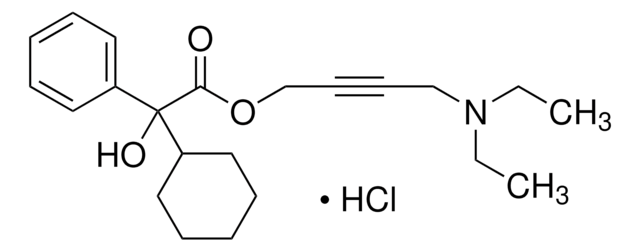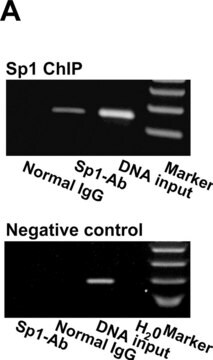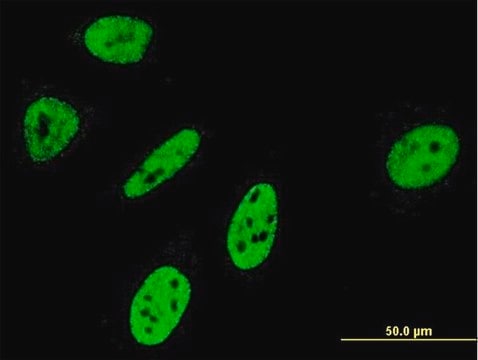T1075
Anti-Tal (CS-15) antibody produced in rabbit
affinity isolated antibody, buffered aqueous solution
Synonym(e):
Anti-Tsg101-associated ligase
About This Item
Empfohlene Produkte
Biologische Quelle
rabbit
Konjugat
unconjugated
Antikörperform
affinity isolated antibody
Antikörper-Produkttyp
primary antibodies
Klon
polyclonal
Form
buffered aqueous solution
Mol-Gew.
antigen 84 kDa
Speziesreaktivität
rat, canine, human, mouse
Methode(n)
immunoprecipitation (IP): 5-10 μg using mouse brain S1 cytosolic fraction
microarray: suitable
western blot: 0.1-0.2 μg/mL using whole extract of human epitheloid carcinoma HeLa cell line and also canine kidney MDCK cell line
western blot: 0.2-0.4 μg/mL using whole extract of rat brain S1 cytosolic fraction
UniProt-Hinterlegungsnummer
Versandbedingung
dry ice
Lagertemp.
−20°C
Posttranslationale Modifikation Target
unmodified
Angaben zum Gen
human ... LRSAM1(90678)
mouse ... Lrsam1(227738)
Verwandte Kategorien
Allgemeine Beschreibung
Spezifität
Immunogen
Anwendung
Biochem./physiol. Wirkung
Physikalische Form
Lagerung und Haltbarkeit
Haftungsausschluss
Not finding the right product?
Try our Produkt-Auswahlhilfe.
Ähnliches Produkt
Analysenzertifikate (COA)
Suchen Sie nach Analysenzertifikate (COA), indem Sie die Lot-/Chargennummer des Produkts eingeben. Lot- und Chargennummern sind auf dem Produktetikett hinter den Wörtern ‘Lot’ oder ‘Batch’ (Lot oder Charge) zu finden.
Besitzen Sie dieses Produkt bereits?
In der Dokumentenbibliothek finden Sie die Dokumentation zu den Produkten, die Sie kürzlich erworben haben.
Unser Team von Wissenschaftlern verfügt über Erfahrung in allen Forschungsbereichen einschließlich Life Science, Materialwissenschaften, chemischer Synthese, Chromatographie, Analytik und vielen mehr..
Setzen Sie sich mit dem technischen Dienst in Verbindung.







